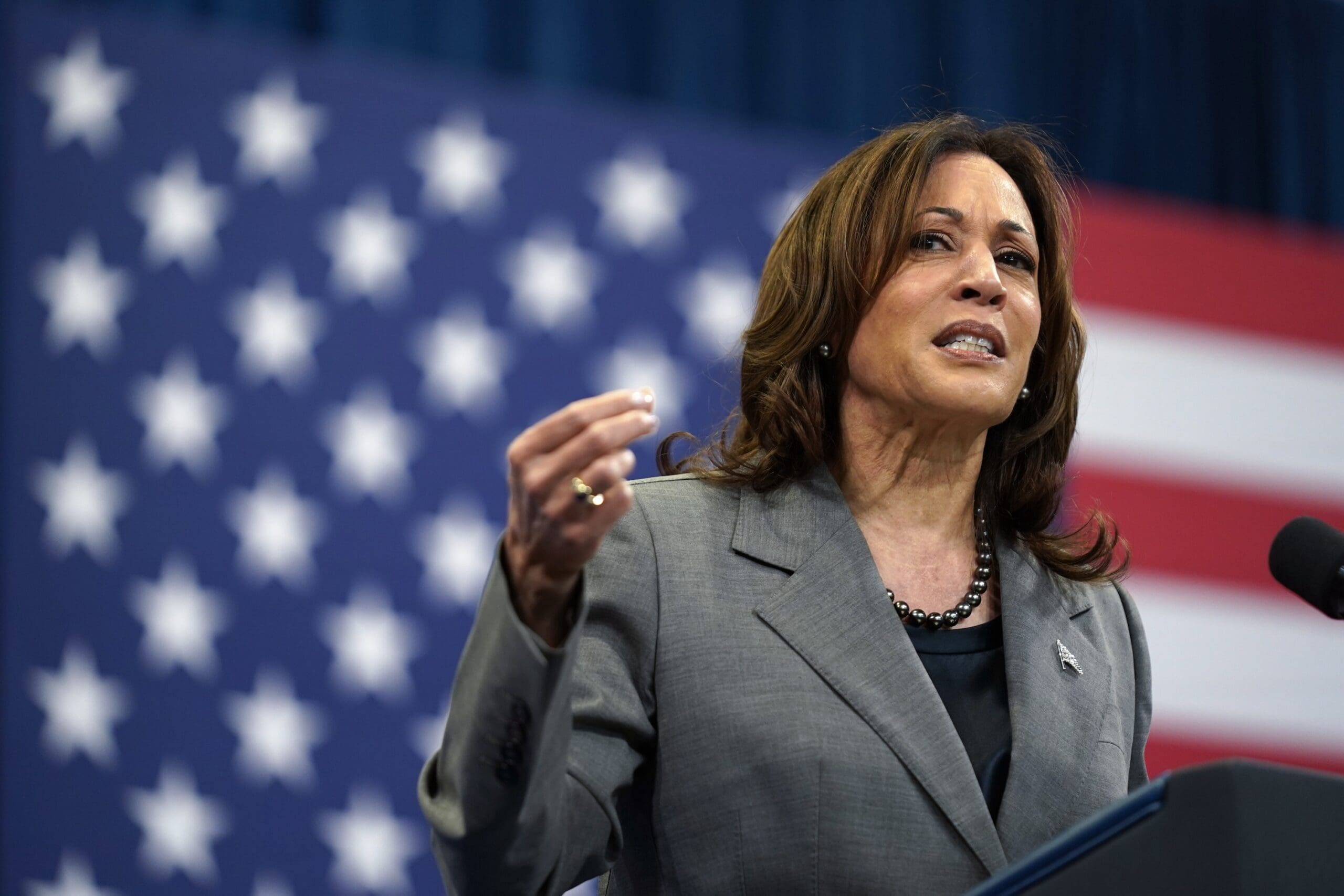Thanks to President Biden’s law, Medicare to start negotiations with drug companies to lower prescription prices

Oliver Willis
The U.S. Department of Health and Human Services announced on Tuesday that 10 drug companies have agreed to enter into negotiations with Medicare to lower prescription drug prices. The Inflation Reduction Act, signed into law by President Joe Biden in 2022, requires these negotiations.
The law allows the government to negotiate prices for a selection of medicines that are purchased under the Medicare program.
The drugs include 10 medications that Medicare Part D, the prescription drug program, spends the most on. Between June 2022 and this May, Medicare spent $50.5 billion to purchase the drugs in question. Throughout 2023, Medicare will conduct public listening sessions with patients to inform the agency’s position on what drug prices should be, and then through 2024 Medicare will directly negotiate with manufacturers over future prices.
The drugs affected by the law treat an array of medical conditions, including blood clots, diabetes, chronic kidney disease, heart failure, psoriasis and blood cancers. They are sold under the brand names Eliquis, Jardiance, Xarelto, Januvia, Farxiga, Entresto, Enbrel, Imbruvica, Stelara, and Novolog.
Once new prices are agreed on, they will become effective in 2026.
“For many Americans, the cost of one drug is the difference between life and death, dignity and dependence, hope and fear, and that’s why we’ll continue to fight to lower health care costs,” Biden said in a video announcing the new phase.
The department said that Medicare Part D enrollees paid $3.4 billion out of pocket for the drugs in 2022.
Over 2.1 million people in Michigan are enrolled in Medicare. Many residents have been affected by illnesses addressed by the drugs selected for price negotiations. According to data released in 2019 by AARP, there are more than 908,000 people in the state who have been diagnosed with cancer, and over 719,000 suffer from diabetes.
In a December 2022 poll of Michigan residents aged 50 and older conducted by AARP, 57% said they were concerned they wouldn’t be able to afford prescription drugs within the next five years. Additionally, 91% of respondents said they supported the provision in the Inflation Reduction Act to allow Medicare to negotiate drug prices.
The Inflation Reduction Act passed over unanimous opposition by Republicans, who argued that it would not benefit consumers.
“Don’t expect drug prices to come down,” then-House Minority Leader Kevin McCarthy said in a speech on Aug. 12, 2022. “This bill would cut treatments and hinder new cures by giving bureaucrats the power to decide what drugs seniors can access. It reduces your options and raises your costs.”
On Aug. 6, 2022, Senate Minority Leader Mitch McConnell referred to the bill’s provisions addressing drug prices as “prescription drug socialism” and compared the Biden administration to governments in Cuba, Venezuela and the former Soviet Union that “have tried crude price-fixing.”
“Their policy would bring about a world where many fewer new drugs and treatments get invented in the first place, as companies cut back on R&D,” McConnell added.
Republican opposition to Medicare negotiating prices runs contrary to public opinion on the issue.
In a poll conducted July 11-19 by KFF, 73% of respondents said there was not enough regulation of prescription drug prices. In the same poll, 83% of respondents said the government should be able to negotiate drug prices.
Eighty-one percent said they backed the provision in the Inflation Reduction Act allowing negotiations. That support crossed party lines, with the provision backed by 89% of Democrats and 77% of Republicans.
Despite public opinion, Senate Republicans introduced legislation in October 2022 designed to prevent Medicare from negotiating drug prices. “Mandating fixed prescription drug prices will ultimately result in the shortening of American lives,” Sen. Mike Lee of Utah, a co-sponsor of the bill, said in a statement at the time.
The bill, the Protect Drug Innovation Act, was referred to the Senate Finance Committee in June, and no further action has been taken. It is unlikely to gain passage in the Senate with its Democratic majority.




